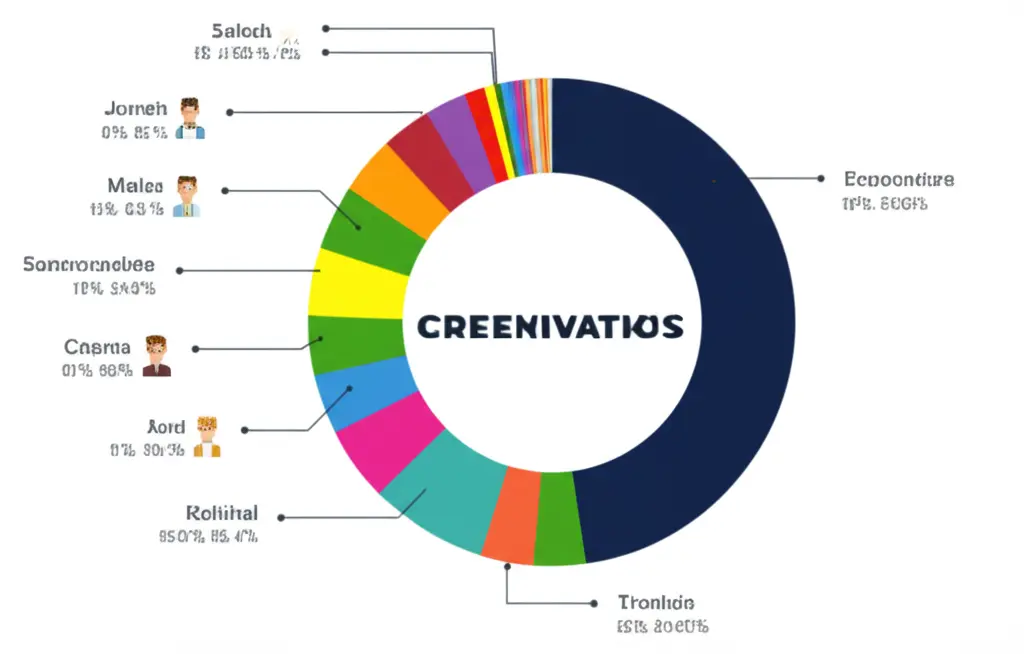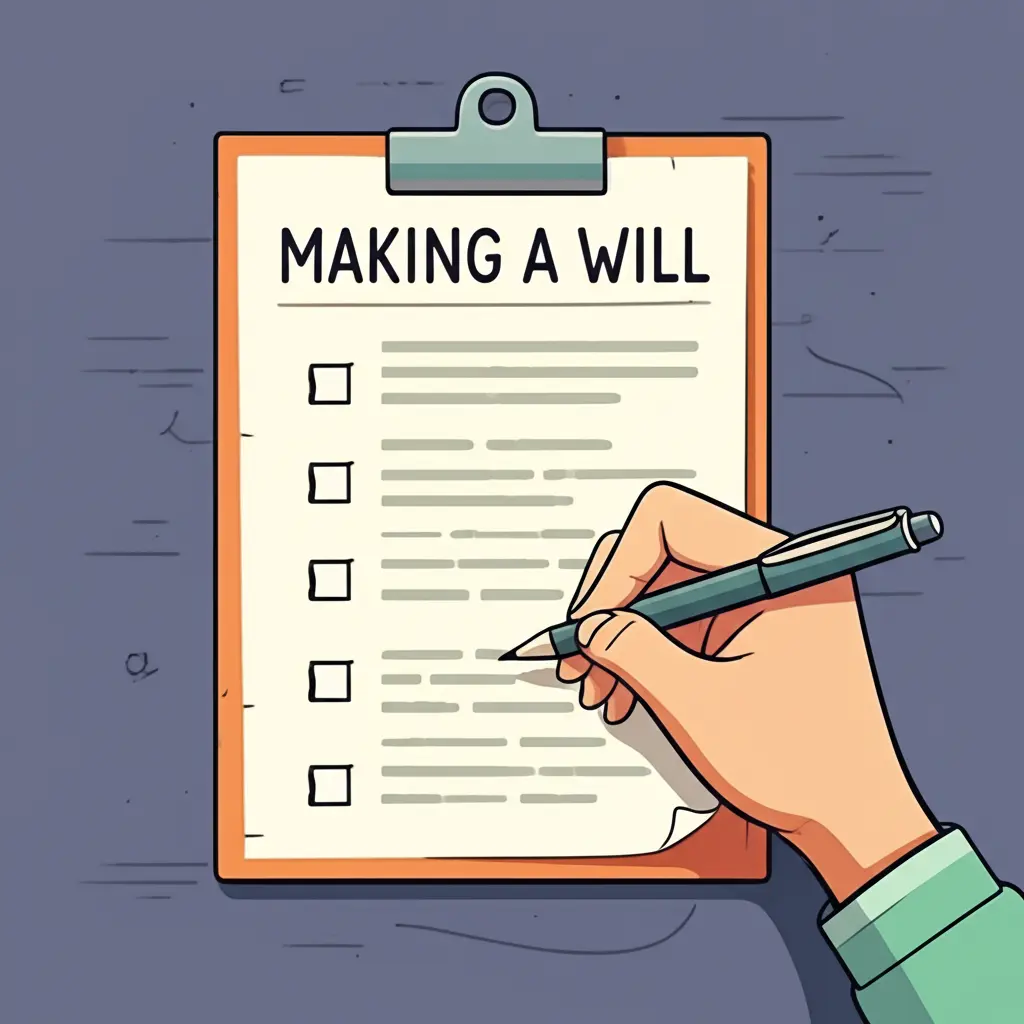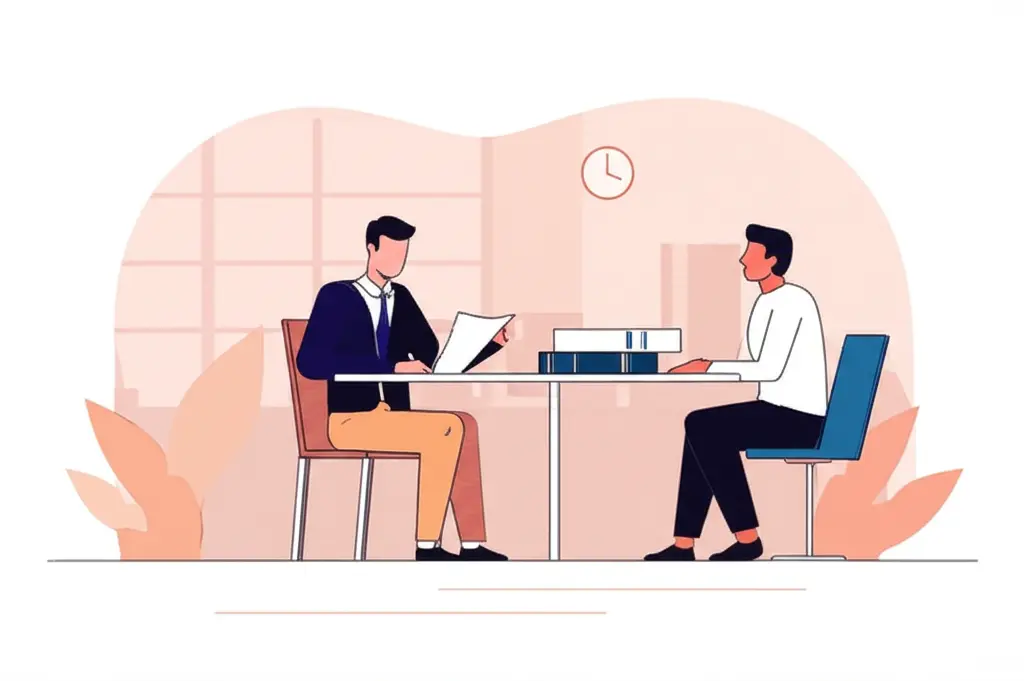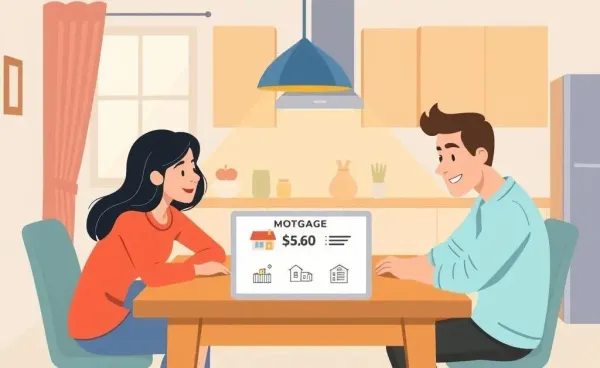What Happens to Your Property If You Pass Away Without a Will?
Find out who inherits your property if you die intestate, and how to plan accordingly.

Imagine this scenario: you've dedicated years to building your dream home, but have never gotten around to drafting a will. Now, what happens if you suddenly pass away? It's a tough question but an important one to consider. Let’s unwrap the layers of property inheritance when there's no will involved.
Understanding Intestate Succession
If you die without a will, which is legally known as dying intestate, your property doesn't just vanish into thin air. Intestate succession laws come into play, determining who inherits your assets based on a predefined hierarchy. The idea is simple: the law aims to distribute your property to your closest relatives.

Who Are Your Legal Heirs?
The hierarchy of heirs typically starts with your spouse and children. They are generally the first in line to inherit your property. If you don't have a spouse or children, other relatives like parents, siblings, and extended family members could potentially be your heirs. Each country or region has its own set of rules, so it’s essential to know the specifics pertaining to your location.
How Does It Affect Your Family?
Not having a will can lead to confusion among family members. Without a clear directive, family dynamics can become complicated, sometimes worsening into disputes. A well-structured will can prevent such hurdles and offer peace of mind for everyone involved.

Benefits of Creating a Will
Beyond avoiding familial discord, there are several advantages to drafting a will:
- Explicit Wishes: You decide how your assets are distributed, making your intentions crystal clear.
- Guardian for Minors: Specify who takes care of your minor children, ensuring their future is safeguarded.
- Charitable Contributions: If you wish to leave assets to organizations, a will makes it happen.
Taking Action: Estate Planning
Drafting a will is easier than you might think. Whether you choose to do it yourself using legal documents or hire a professional, the key is to start. Discussing your plans with a lawyer can also help address any legal nuances, ensuring your property is protected and your intentions are honored.

In conclusion, having a will isn't just about preparing for the inevitable; it's about taking care of your loved ones even when you're gone. Have you thought about how you want your legacy to unfold? Start the conversation today and bring peace of mind for tomorrow.




